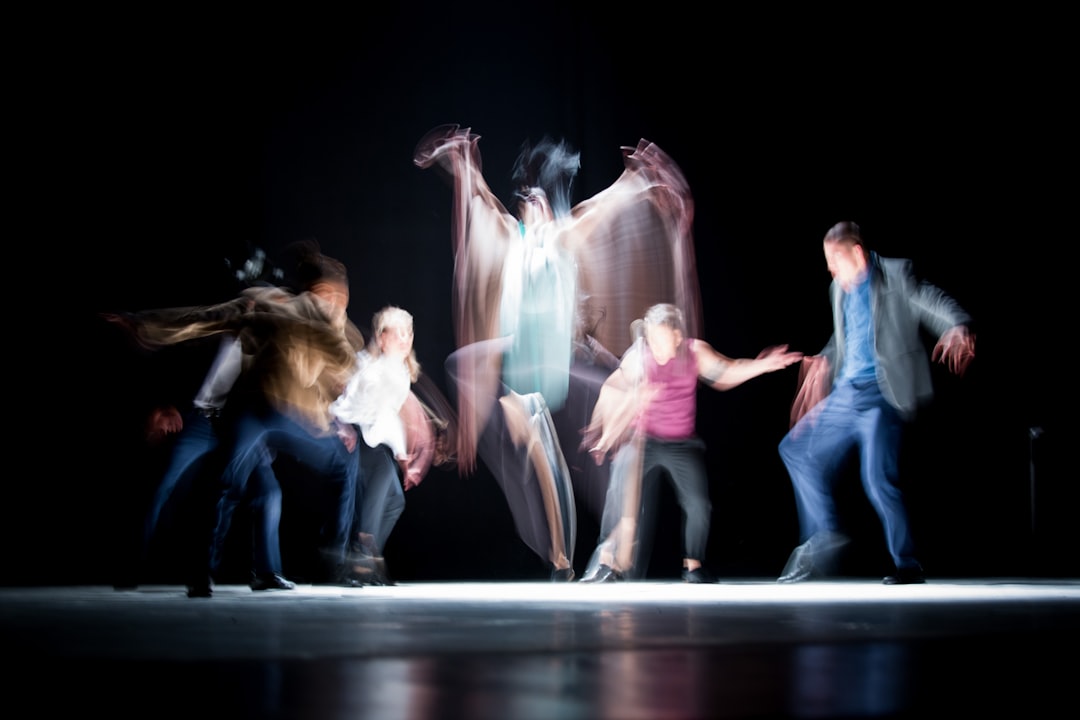All the world is a collective act
Muse #519 - and we play our part

Another of my May reads was a wonderful-wonderful book on patterns of human behavior by Dr. Erving Goffman. Considering that the book was written in the 1950s, 70-plus years ago, the observations and research were still spot on.
The Presentation of Self in Everyday Life - Erving Goffman https://www.amazon.com/Presentation-Self-Everyday-Life/dp/B07ZZKT3QY/
I was able to appreciate and associate with Dr. Goffman’s thinking. He classifies general behavior into front-stage and back-stage behavior using the stage performance settings as a metaphor. I could easily see my personal patterns here where I behave in a completely different manner in my primary front stage at work, and in a totally different way at home - the backstage.
Extending this metaphor further even my back-stage behavior is not totally coherent all the time. There are conscious and unconscious adaptations to this depending on who’s in the room with me. My behavior adapts for example when I am with my wife or one of my two daughters and also varies when I am present in combinations of their presence. Wife and one daughter. Daughter and Daughter. Or Wife with both daughters. It feels like my adaptation is based on the lowest common denominator of what the individual or collective would tolerate (sic) in that setting. Context-sensitive act.
I see one more major setting to add to this portfolio of stage behaviors. I called it the back-back-stage or “alone stage” - behavior that I felt I exhibited when I am in peace and all alone with myself. Like my singing in the shower or making peace with nature while out walking in the wild. Or while I am in my own bubble of sleepiness. These are the times that there seemed to be truly less of an act or even no act at all. I could really really be myself and nothing but.
In summary, it reminded me of and therefore I leave you with this from William Shakespeare:
All the world’s a stage,
And all the men and women merely players;
They have their exits and their entrances;
And one man in his time plays many parts,
His acts being seven ages
— William Shakespeare
And here is the complete version:
Speech: “All the world’s a stage”
(from As You Like It, spoken by Jaques)
All the world’s a stage,
And all the men and women merely players;
They have their exits and their entrances;
And one man in his time plays many parts,
His acts being seven ages. At first the infant,
Mewling and puking in the nurse’s arms;
And then the whining school-boy, with his satchel
And shining morning face, creeping like snail
Unwillingly to school. And then the lover,
Sighing like furnace, with a woeful ballad
Made to his mistress’ eyebrow. Then a soldier,
Full of strange oaths, and bearded like the pard,
Jealous in honour, sudden and quick in quarrel,
Seeking the bubble reputation
Even in the cannon’s mouth. And then the justice,
In fair round belly with good capon lin’d,
With eyes severe and beard of formal cut,
Full of wise saws and modern instances;
And so he plays his part. The sixth age shifts
Into the lean and slipper’d pantaloon,
With spectacles on nose and pouch on side;
His youthful hose, well sav’d, a world too wide
For his shrunk shank; and his big manly voice,
Turning again toward childish treble, pipes
And whistles in his sound. Last scene of all,
That ends this strange eventful history,
Is second childishness and mere oblivion;
Sans teeth, sans eyes, sans taste, sans everything.

